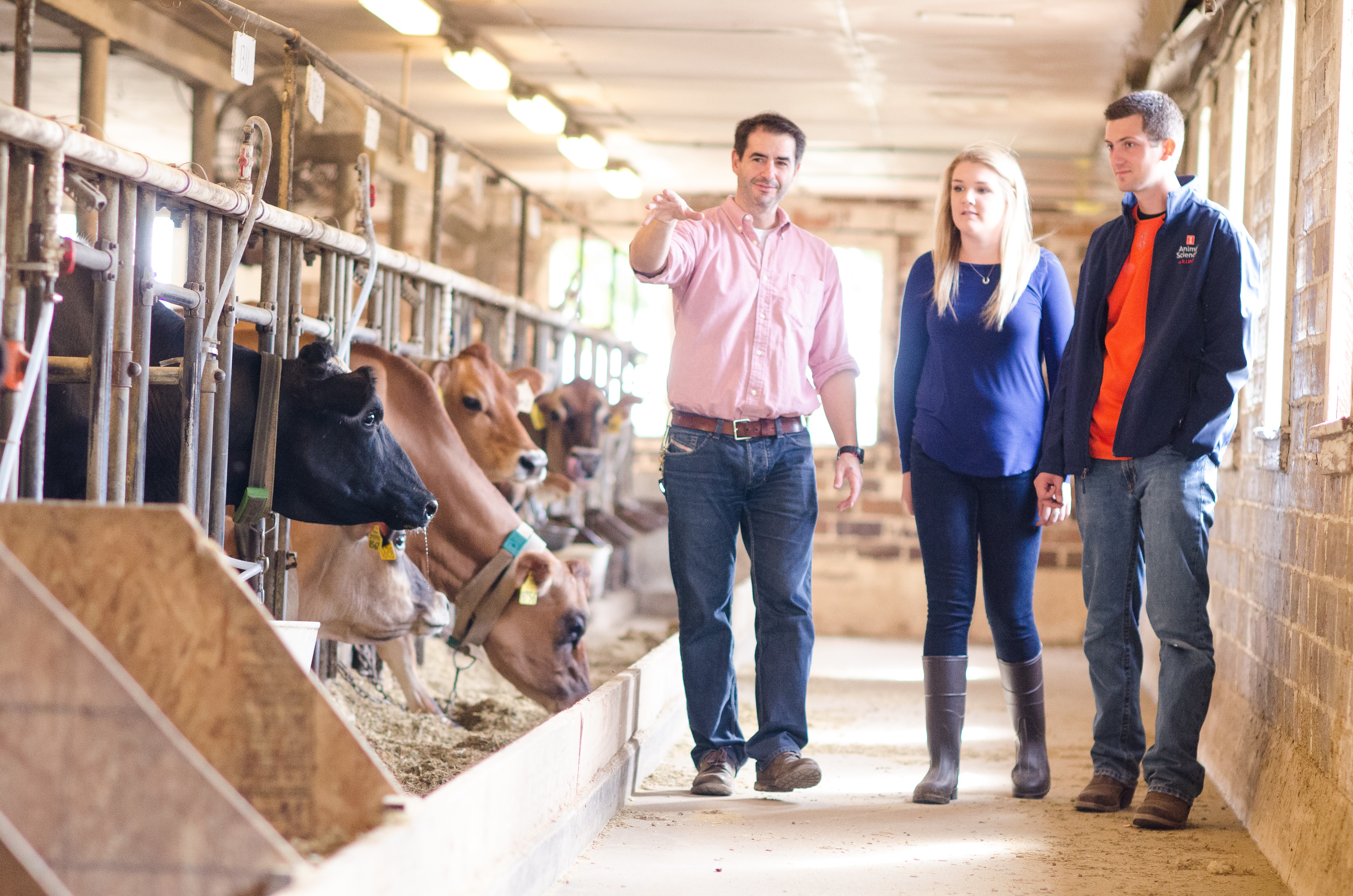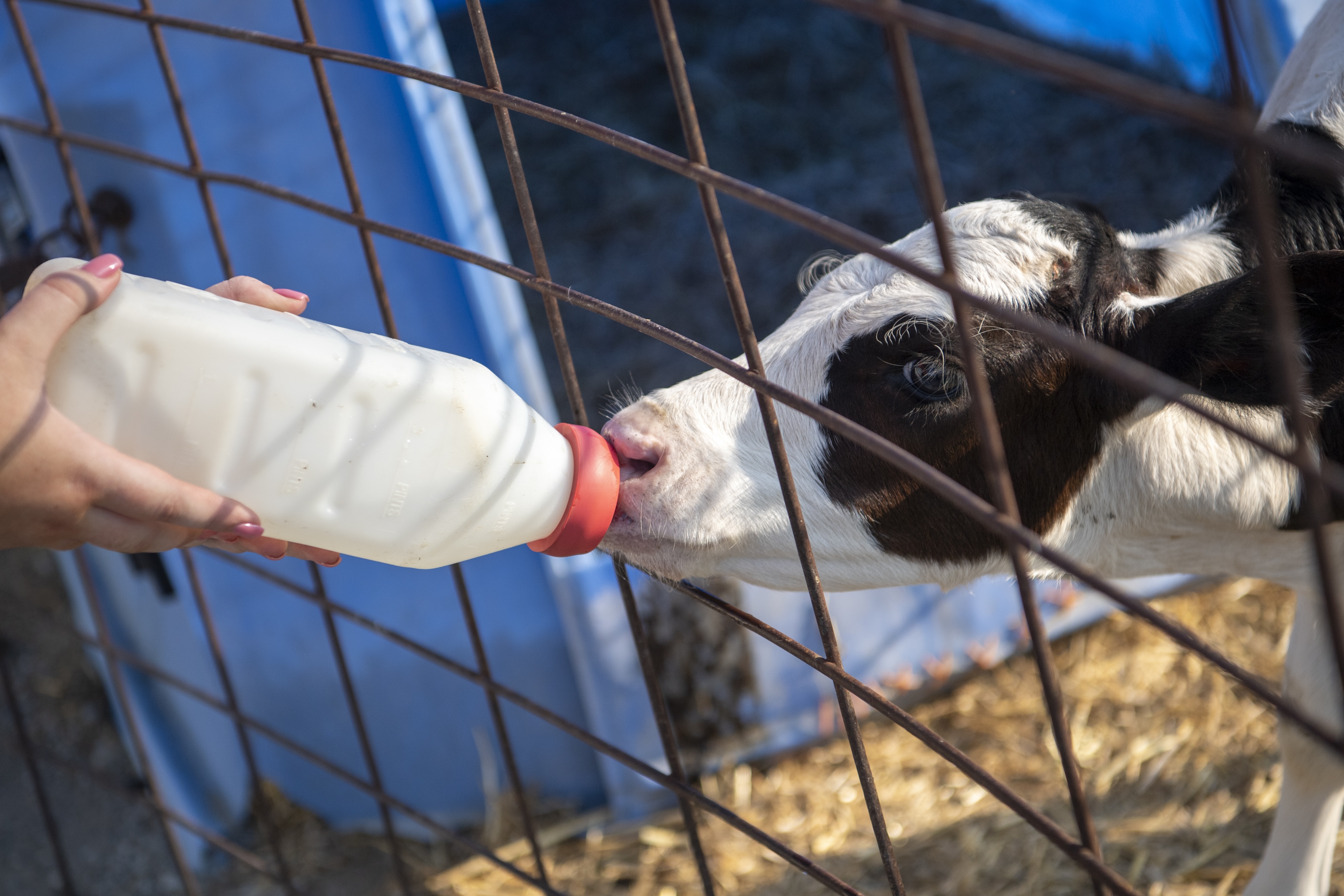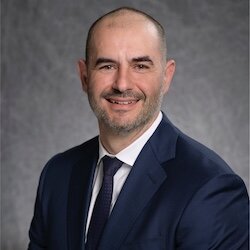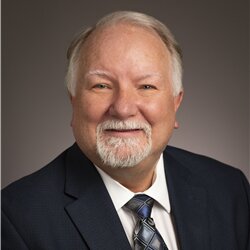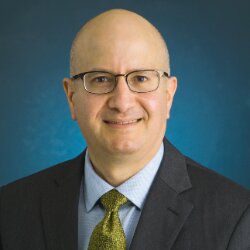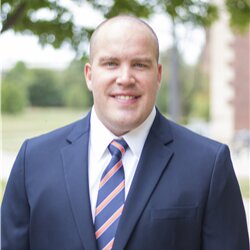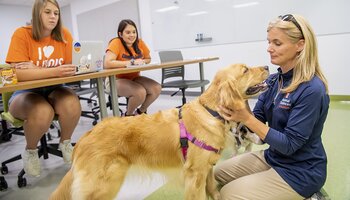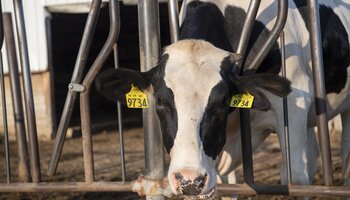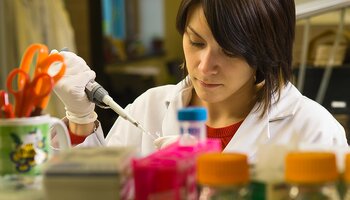Dr. Phil Cardoso, DVM, Ph.D
Dr. Phil Cardoso is a Professor and Extension Faculty Specialist at the University of Illinois. Dr. Cardoso addresses the most important challenges faced by the dairy industry through his research in nutrition and reproduction. He engages dairy producers to implement data-driven best management practices into their operations. He studies the mechanisms of metabolic adaptation from gestation to lactation and the impact of nutrition on metabolism, reproduction, and health.
